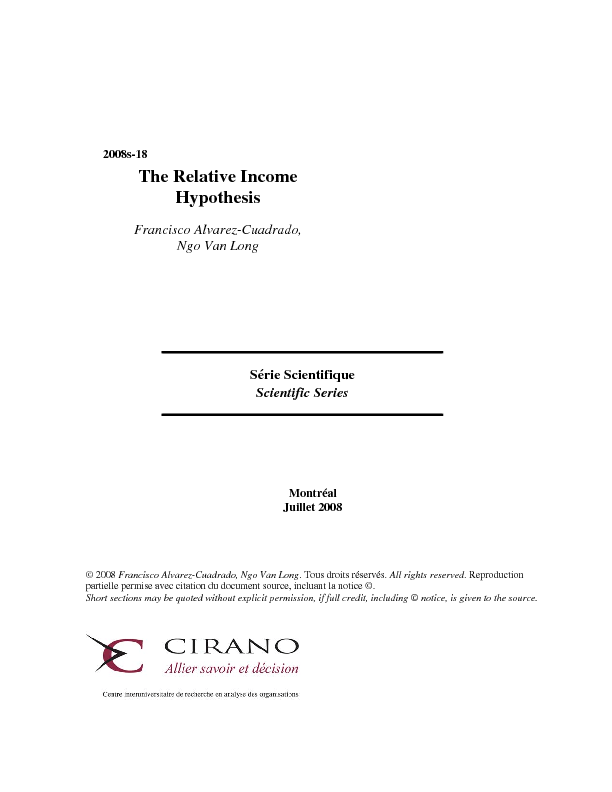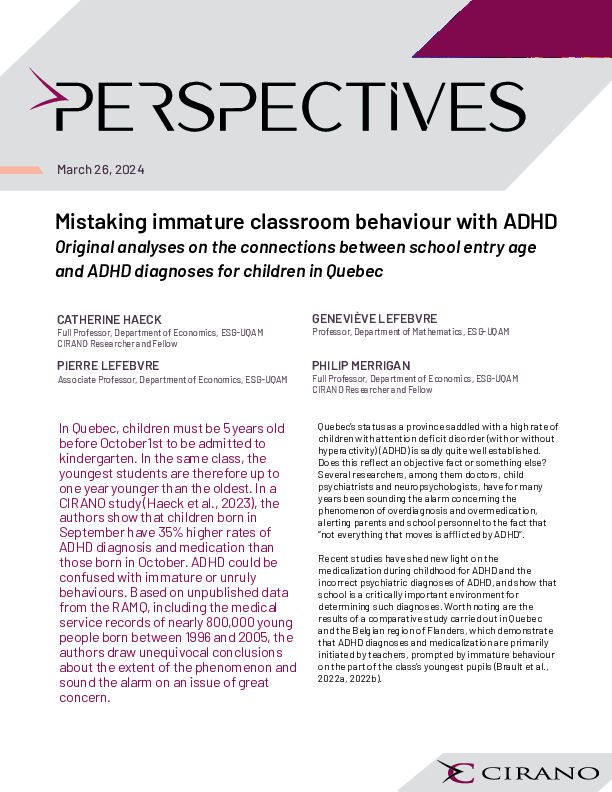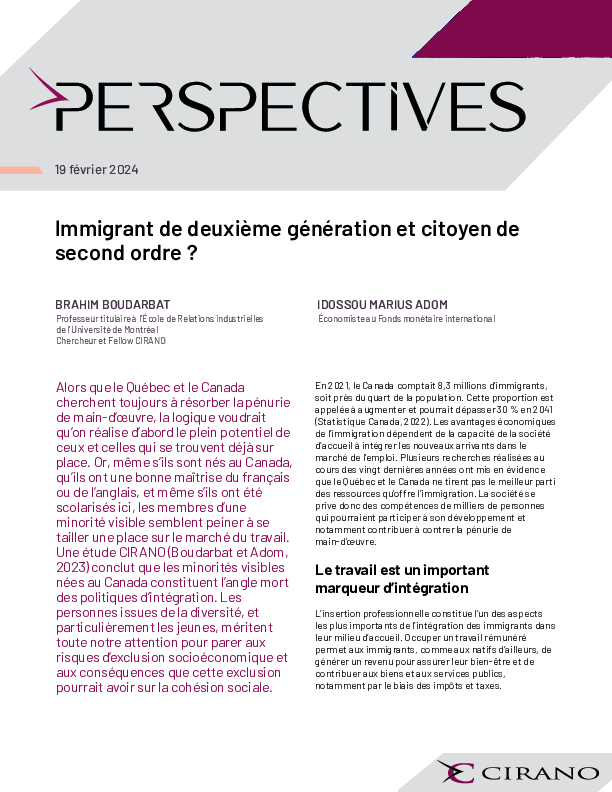The Relative Income Hypothesis
We propose an overlapping generations economy where households care about relative consumption, the difference between their consumption and the consumption of their reference group. An individual's consumption is driven by the comparison of his lifetime income and the lifetime income of his reference group; hence the paper offers a permanent income version of the Duesenberry's relative income hypothesis. Across households the saving ratio increases with income while aggregate saving is independent of the income distribution. Positional concerns lead agents to over-consume, over-work and under-save. We propose a simple tax schedule that induces the competitive economy to achieve the efficient allocation.
[ - ]




